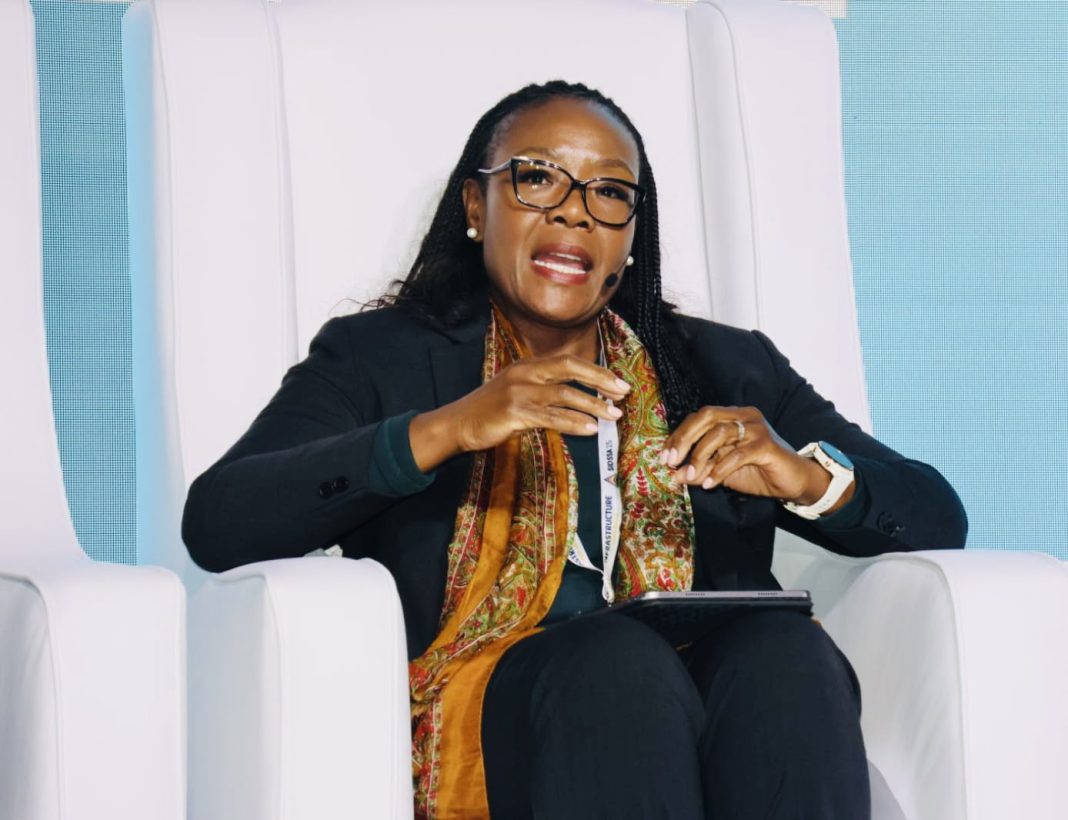By Thebe Mabanga
South African municipal finances have shown minimal improvement as the current local government administration nears the end of its term, according to Auditor General of South Africa, Tsakani Maluleke.
Maluleke attributed poor audit outcomes equally to mayors and speakers during her briefing to the Portfolio Committee on Cooperative Governance and Traditional Affairs (COGTA) in Parliament on the 2023/24 audit results.
The AG found that 41 out of 257 municipalities, only 16%, had achieved unqualified audits with no findings, or clean audits.
Ninety-nine municipalities, or 39%, obtained an unqualified audit with findings.
About 90 municipalities, or 35%, achieved qualified audit with findings.
The biggest improvement was in the number of disclaimers finding a level below adverse findings, which fell from 28 in 2021, when the current municipal leadership took office, to 11, or just 4%, in the latest findings.
“While 59 municipalities have improved their audit outcomes since 2020-21, 40 have regressed,” said Maluleke.
Maluleke highlighted that since municipal leaders came into office following the 2021 Local Government Elections, municipalities have been characterised by delayed action to respond to concerns raised by the national audit office.
“Such sluggish action did not only result in undesirable audit outcomes but also had a negative impact on the lived realities of South Africans,” she said.
Maluleke zoomed in on the role of mayors and speakers in improving audit outcomes.
“Mayors, council and executive authorities are failing to fulfil their legislative responsibilities,” Maluleke said in her report.
She argues that no mayor should tolerate continued negative outcomes.
Maluleke also held provincial leadership equally responsible for “setting the tone” for clean audits.
“If every single player in the ecosystem did their part consistently well, we would have very few problems.”
It is perhaps no coincidence that the province with the only metro that has a clean audit, the City pf Cape Town in the Western Cape, also hosts the highest proportion municipalities with a clean audit, 22 out of the 41, just over half.
The Free State province, with two of the three provinces that could not submit financial statements and performance reports timeously, has no municipality with a clean audit.
The last one to achieve a clean audit was the Fezile Dabi District Municipality, in 2016.
Maluleke also admonished the ninety-nine municipalities who obtained unqualified but with findings on performance information or compliance.
This was the most prevalent audit outcome in 2023-24 obtained by ninety-nine municipalities (39%).
Maluleke notes that of the ninety-nine flagged municipalities, seventy-one failed to submit quality financial statements at the start of the audit, meaning they relied on the audit to correct their submission, an undesirable situation.
The country’s chief state auditor singled out the Northwest for assisting, at a cost to the province, municipalities to compile and submit financials.
Of the 8 Metros, only one, the City of Cape Town achieved a clean audit.
Of the three that achieved a qualified audit with findings, only two, Ekurhuleni and eThekwini, submitted quality financial statements.
The City of Johannesburg was particularly poor.
Of the Metros that had adverse findings, such as City of Tshwane, Maluleke found a link between instability in the political leadership due to coalition governments and unstable administrations.
In the Buffalo City Metro, the AG found that the city had a vacancy for a chief district engineer for electricity for eighty, almost six years, months while a similar post for water and sanitation stood vacant for two years.
She questioned why the Metro would struggle to attract such critical skills.
Maluleke notes that one result of poor audit outcomes is that conditional grants are not properly utilised for functions such as infrastructure management to suffer.
Municipalities are supposed to keep 8% of an infrastructure item value, whether it is a bridge or power line, for maintenance.
Many municipalities are not complying with this.
Municipalities continued with the practice of spending significant financial resources on hiring consultants to assist them with preparing financial statements for audit.
In 2023- 2024, 219 municipalities spent a combined R1.47 billion on financial reporting consultants, with 130 of these municipalities still submitting financial statements that had errors in the areas where consultants did work, indicating that the spending was not effective.
The AG said this trend has not improved in the decade since it was first highlighted.
INSIDE METROS

